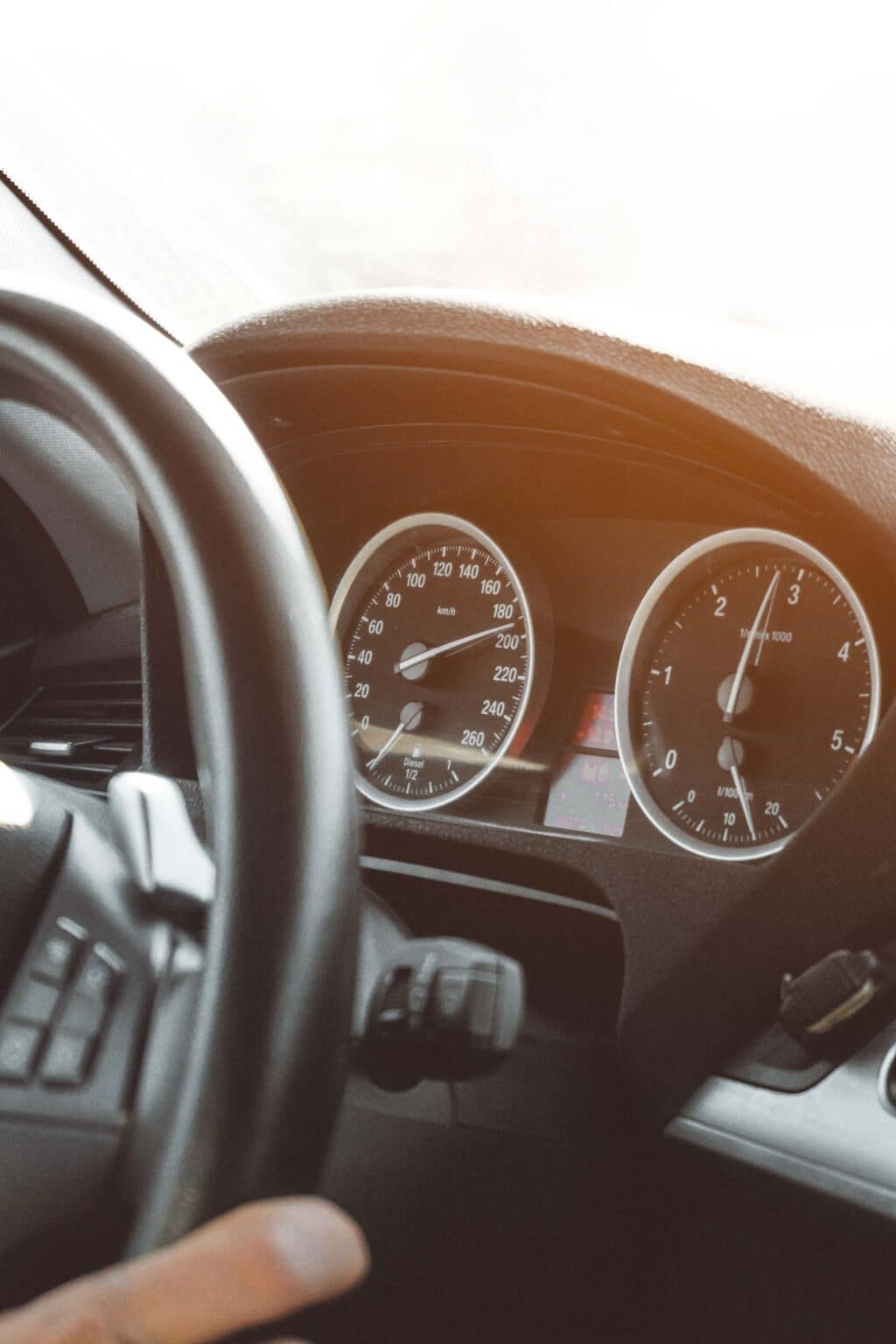A car accident can ruin anyone’s day, whether you’re at fault or completely in the right. But, taking the right steps following the accident can turn a bad situation around and give you peace of mind.
If you’ve had a minor accident, it’s common to wonder what the best course of action to take should be. While these fender benders may seem trivial, there are right and wrong ways to deal with them. Adhering to proper accident protocols protects all parties involved.
Here are the optimal, recommended actions for addressing minor collisions:
IMAGE: PEXELS
Remain at the scene. Never drive away or relocate the vehicles involved, even for minor “tap” accidents with no visible damage. You are legally required to stop immediately and fulfill accident reporting obligations. Moving vehicles compromises accident scene integrity for insurance and police assessments.
Check for injuries. Ensure all motorists, passengers, cyclists or pedestrians are unharmed. If anyone reports pain or appears in distress, call 911 immediately. Do not dismiss injuries due to shock or adrenaline. Seek medical attention and prioritize it over exchanging details or assigning fault.
Call the police. For any accident involving injuries, disabled vehicles, or significant property damage, request police presence. For minor collisions with only vehicle damage and no injuries, you may choose not to call police. But it is wise to request an incident report for documentation.
Exchange details. Share license, insurance, contact information and vehicle details with all other involved parties. Confirm facts like time, weather, location and collision details. Take ample photos documenting damage, skid marks, debris, and injuries.
File a report. Even if police did not come to the scene, you must complete a state accident report form promptly. This documents vital information “on the record” about what transpired. For minor accidents, standard filings should suffice. For major damage, injuries or disputes, retention of legal counsel is always advised.
Contact insurers. Notify your insurance provider about the accident as soon as feasible, ideally within 24 hours. Provide a factual account of damages and events. Refrain from admitting fault or accepting blame when interfacing with insurers. Simply furnish honest details.
Get estimates. Take your vehicle to a certified repair shop and obtain a damage assessment quote from a trusted mechanic. The estimate will validate if damages exceed your policy deductible and warrant a claim filing.
Submit a claim. To make an insurance claim, complete the provider’s forms detailing the accident, parties involved, damages and costs. Include supporting documentation like photos, estimates, police reports. Be thorough, honest and timely.
Limit communication. Only discuss the accident with insurers and legal representatives, not the other involved parties. Avoid speculating on fault or responsibility. Stick to the facts at hand.
Follow up persistently. Check in frequently on the claim status. Supply any supplemental information requested promptly. Be reasonable but firm in advocating for a fair, timely claim resolution. Do not accept initial denials or lowball offers.
Consult an attorney. For major accidents with disputes or uncompensated damages, consult a qualified legal professional to protect your rights.
Lawyers can handle negotiations and litigation. It is wise to contact an attorney after a minor accident if injuries are involved, the other party is uncooperative, damages exceed your policy limits, your insurer denies your claim, liability is disputed, or legal action seems probable.
An attorney helps handle negotiations, paperwork, evidence, and litigation demands. Even if damages appear minor initially, contact a lawyer if the at-fault party behaves unreasonably during the claims process. Legal guidance protects your rights.
By following these guidelines, you can responsibly address a minor accident, receive due compensation, and avoid common pitfalls. Protect yourself and others by responding correctly if an on-road mishap occurs.
IMAGE: PEXELS
If you are interested in even more lifestyle-related articles and information from us here at Bit Rebels, then we have a lot to choose from.


COMMENTS